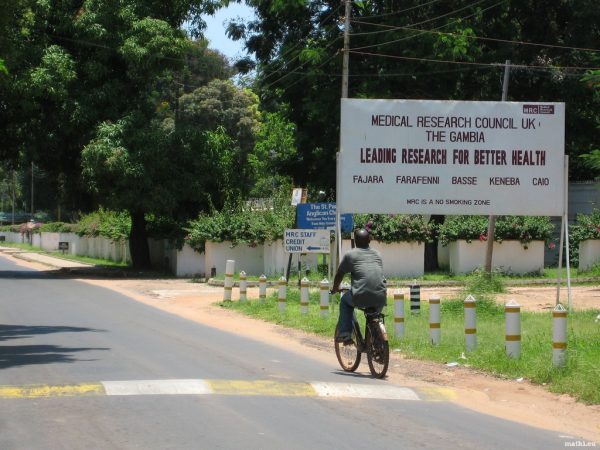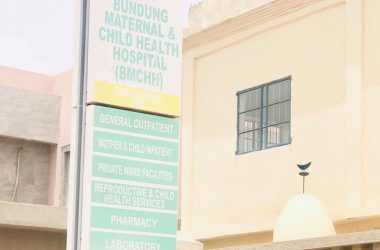 (JollofNews) – The Disease Control and Elimination Theme Unit of the Gambia’s Medical Research Council (MRC) have been awarded a major grant, building on its strong portfolio of malaria research.
(JollofNews) – The Disease Control and Elimination Theme Unit of the Gambia’s Medical Research Council (MRC) have been awarded a major grant, building on its strong portfolio of malaria research.
The study, “reactive household-based self-administered treatment against residual malaria transmission”: a cluster randomised trial (RHOST), was awarded to Professor Umberto D’Alessandro in July 2015, from the Joint Global Health Trials Scheme which is jointly funded by the MRC, Department for International Development (DFID) and the Wellcome Trust.
The grant is worth £1.6 million over a duration of 40 months.
According to a press, the study proposes a novel approach to deal with residual transmission, combining targeted treatment of potential malaria carriers with a strong community involvement, which includes both individual households of malaria patients and other organisations/structures within the communities.
The intervention will be tested through a community-based, clustered randomised trial. Malaria patients diagnosed in health facilities will be given sufficient dihydroartemisinin-piperaquine (DHAPQ) to treat all household members. RHOST will be adapted to the local context through a formative research approach. 
The primary outcome will be the prevalence of malaria infection. The intervention’s impact on the health system and its incremental cost and cost-effectiveness will also be determined. The project is scheduled to start 1st October 2015, with the actual trial starting at the beginning of the 2016 rainy season. The trial will be carried out in the North Bank and West Coast Regions of the Gambia, stretching from the coast, up to Farafenni as the coverage of preventive intervention is high, and malaria prevalence low.
In intervention villages, RHOST will be implemented while in the control villages there will be no additional intervention besides the standard control measures implemented by the National Malaria Control Program and routine clinical care provided by health facilities. The trial will be implemented in 32 moderate sized (400-800 persons) villages; 16 intervention and 16 controls, over two transmission seasons.
The principal investigator of the study, Professor Umberto D’Alessandro, theme leader for Disease Control and Elimination said “This is a new approach to deal with residual malaria transmission and strongly involves the local communities from the start. It is based on the hypothesis (based on data we have) that individuals with an asymptomatic malaria infection are clustered around a clinical case. Social science will play a major role in fine tuning the intervention to make it adapted to the local conditions and culture.
“We hope we will be able to show an impact of this intervention and thus contribute to the drive for malaria elimination in the Gambia and West Africa.” This study is conducted in collaboration with London School of Hygiene and Tropical Medicine, University of Sheffield, the Institute of Tropical Medicine Antwerp and the National Malaria Control Programme.





